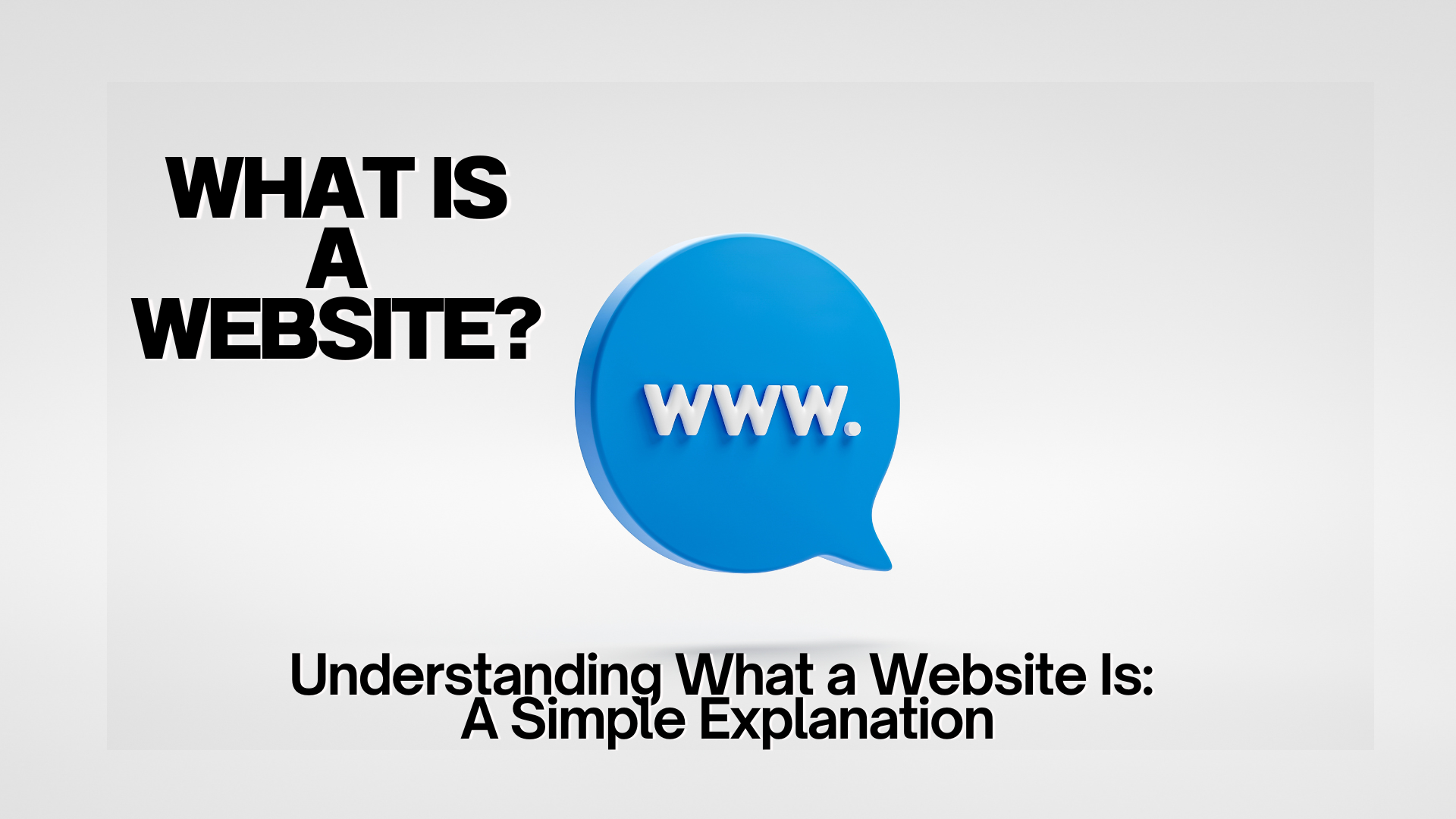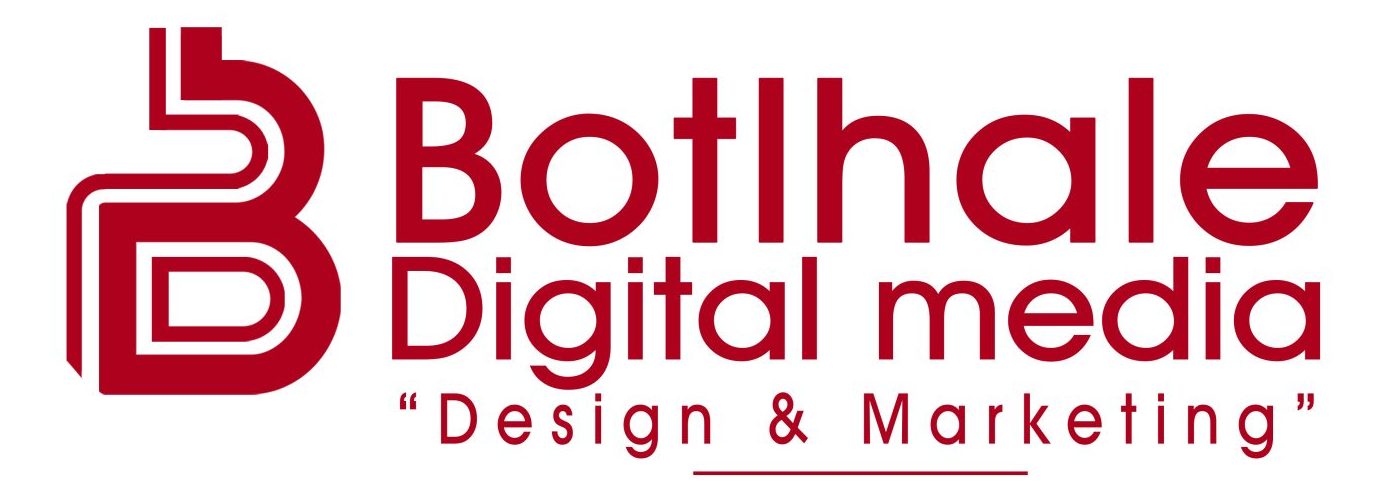
We use websites every day, but what exactly are they? Let’s explore what a website is, how it works, and why it’s important in a way that’s easy to understand.
What Is a Website?
Imagine a website as a digital version of a shop, library, or office that you visit online. Instead of walking through doors, you enter by typing the website’s address into your web browser. This address is called a domain name, like www.botlhalemedia.co.za.
Once you’re inside, you can explore different sections, just like in a real place. Each section is a web page, and together, these pages make up the entire website.
The Key Parts of a Website
- Domain Name (Web Address): This is the website’s “name” that you type into your browser to find it, like a street address for a building.
- Web Pages: These are the different parts of the website. Each page has its own information, like different rooms in a building. For example, there might be a home page where you start, and other pages for specific information like “About Us” or “Contact.”
- Content: This is everything you see and interact with on the website—words, pictures, videos, and links. It’s like the products, signs, and displays in a store.
How Does a Website Work?
When you want to visit a website, you open your web browser and type in its address. Your computer then sends a request to a server (a powerful computer that stores websites). The server sends back the website’s pages, and your browser shows them on your screen. It all happens in just a few moments!
Why Do We Need Websites?
Websites are important because they make it easy to find information, buy things, and connect with others—all from your computer or phone. For businesses, a website is like a virtual storefront that customers can visit anytime, from anywhere in the world.
Whether you’re shopping, reading the news, learning something new, or just browsing, websites make all of this possible.
Types of Websites
- Personal Websites: These are like online diaries or portfolios, where people share their hobbies, stories, or work.
- Business Websites: These act like digital business cards or shops, helping companies sell products or services.
- Educational Websites: These are like online schools or libraries, offering lessons, resources, and information.
- E-commerce Websites: These are digital stores where you can buy things online.
In Summary
A website is like a digital space on the internet that you visit to find information, shop, or interact with content. It’s made up of pages that you can click through, each filled with different types of content. Whether for personal use, business, or learning, websites play a crucial role in how we access and share information today.
